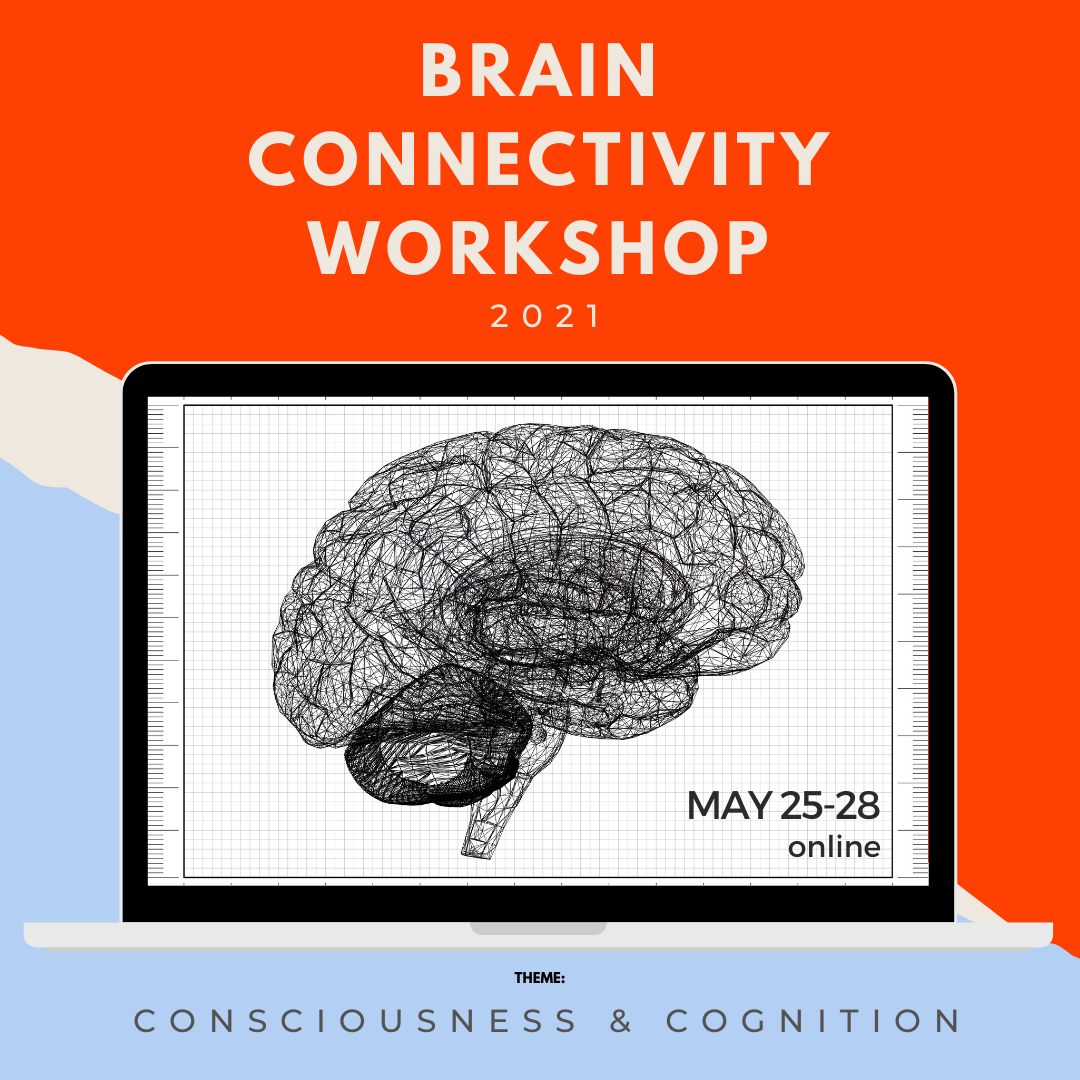IMPORTANT INFORMATION
BCW 2020 WAS POSTPONED AND HAS BEEN RESCHEDULED TO BE TAKE PLACE VIRTUALLY MAY 25-28, 2021
After careful deliberation, and based on the latest public health authority information on COVID-19 and swirling uncertainties regarding travel and gatherings, we have decided to host the next BCW online in 2021.
For those who previously registered for BCW 2020 and requested that we maintain your registration, the organizers have sent you an email with information regarding your refund and participation in this workshop. Please check your inbox and spam folders for a message. Thank You.
It all started when…

The Brain Connectivity Workshop (BCW) began officially in 2002 in Dusseldorf, organized by Rolf Kotter and Karl Friston. The aim was to establish a dialogue between researchers in computational neuroscience, neuroscience methodology and experimental neuroscience about the emerging field of brain connectivity. Since then, 18 meetings have followed, all focused on particular themes in brain connectivity from the best methods to measure connectivity, to comparing modelling approaches that reflect brain dynamics, to connectivity changes in healthy and damaged brains.
BCW has always had a unique format, inspired by what most consider the "primordial" BCW in Toronto, 2001 (https://www.ncbi.nlm.nih.gov/pubmed/11707079). That meeting, themed "What does the brain think of the mind", emphasized extensive discussion rather than long presentations. Speakers were give a pen and easel and asked to convey their idea in 15 mins, with 45 mins of open discussion to follow. This format was adopted for BCW and has persisted ever since in the "5 slides in 15 mins" rule, followed by a long discussion with all attendees.
This year we will revisit that primordial theme from a different perspective: "What does the mind think of the brain?" focusing the discussions around what we have learned about our mind over the last 20 years of brain connectomics. The topics will focus on consciousness and cognition, looking at the tripartite relationship between anatomical connectivity, brain dynamics and cognitive function. We look forward to an inspiring meeting.


